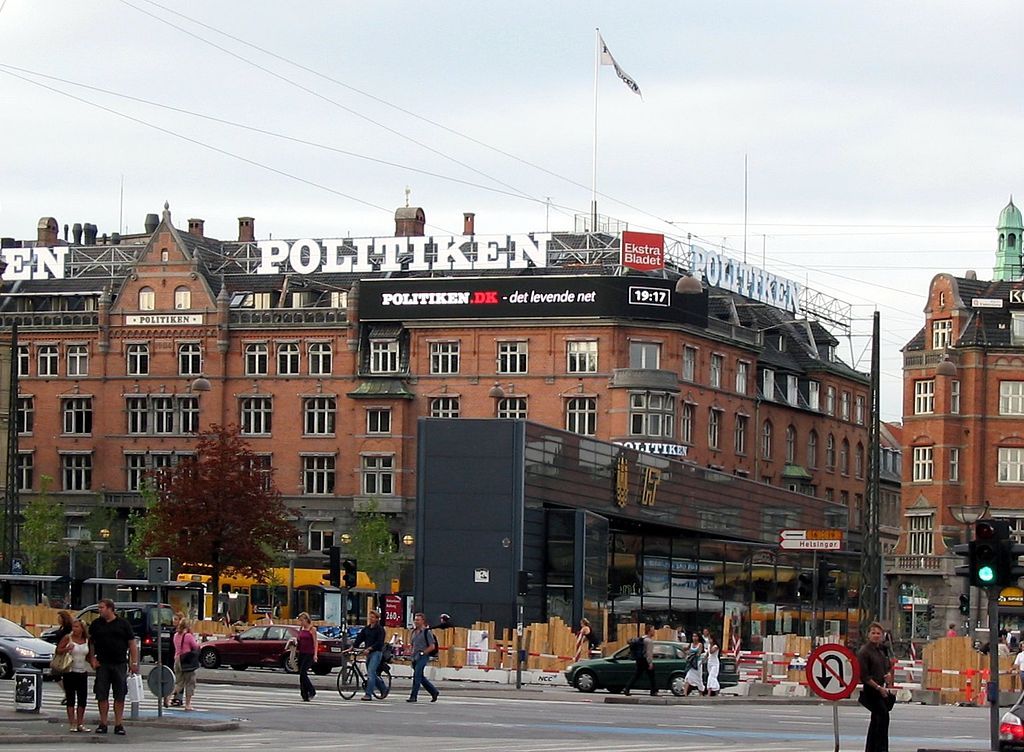The media company JP/Politikens Hus, which publishes both Jyllands-Posten and Politiken, has announced it is buying Børsen business newspaper from its current Swedish owner Bonnier AB for 800 million kroner.
Stig Kirk Ørskov, the CEO of JP/Politikens Hus, said the acquisition was in line with the company’s ambition to strengthen its international competitiveness.
“Børsen is a journalistic pearl and a perfect match for JP/Politikens Hus,” he said.
“Børsen’s printed and digital publications are strong and they fit remarkably well with our ambition to ensure that Denmark has a strong, independent publishing company that has the necessary competitiveness, especially towards the international players.”
Leadership unchanged
Anders Krab-Johansen will continue as Børsen’s editor-in-chief and the rest of the management will also remain following the change in ownership. Krab-Johansen is positive about the new owners and the continuity in management.
“With JP/Politikens Hus we will get an owner that, like Bonnier, insists on high journalistic quality and a strong economy as prerequisites for publishing success,” he said.
“I am happy there is full support for continuing the strategy and the plans we have made – and that have strengthened Børsen in recent years.”
The deal is dependent on approval from the competition authority Konkurrence- og Forbrugerstyrelsen, a process which is expected to take six months.















